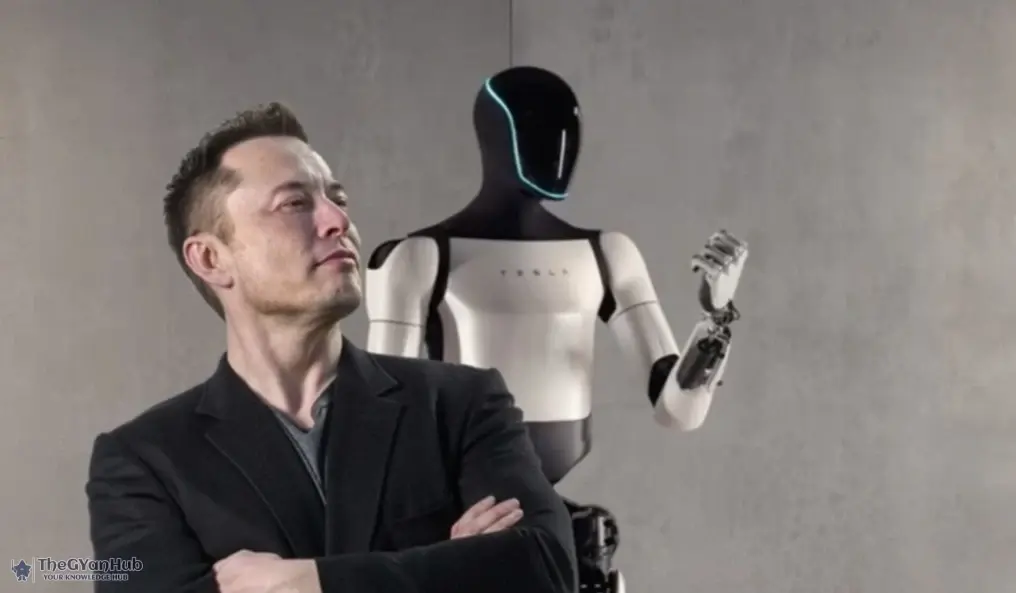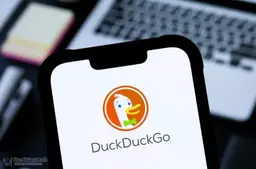I’m a passionate writer who loves exploring ideas, sharing stories, and connecting with readers through meaningful content.I’m dedicated to sharing insights and stories that make readers think, feel, and discover something new.
The Vision Behind Optimus
Elon Musk, the visionary CEO of Tesla and SpaceX, has once again captured global attention with his latest announcement: the humanoid robot named Optimus. Musk claims that Optimus will fundamentally change the way we live, work, and interact with technology. This ambitious project aims to create a robot that can perform tasks traditionally done by humans, thereby freeing up human time and energy for more creative and meaningful pursuits.
What Makes Optimus Unique?
Unlike other robots, Optimus is designed to be both functional and approachable. Standing at 5 feet 8 inches tall, it is equipped with advanced AI capabilities and a sleek, human-like appearance. Its primary function is to handle mundane tasks such as grocery shopping, household chores, and even complex industrial work. Musk envisions a future where Optimus will be a common presence in homes and workplaces, enhancing productivity and quality of life.
Technological Innovations
Optimus is powered by Tesla's cutting-edge AI technology, which allows it to learn and adapt to various environments. The robot's neural networks are similar to those used in Tesla's autonomous vehicles, providing it with the ability to navigate and perform tasks with minimal human intervention. Additionally, Optimus is designed to be energy-efficient, utilizing Tesla's battery technology to ensure long-lasting performance.
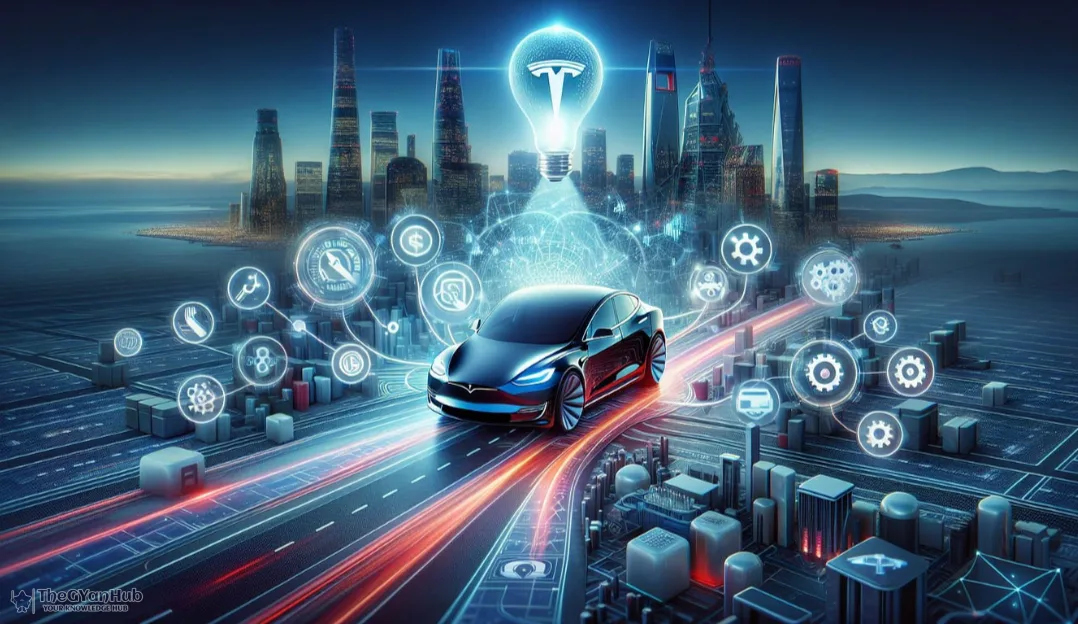
Potential Impact on Society
The introduction of Optimus could have far-reaching implications for society. By taking over routine tasks, it could significantly reduce the workload for individuals, allowing them to focus on more creative and fulfilling activities. Moreover, Optimus could play a crucial role in industries facing labor shortages, such as healthcare and manufacturing. However, the widespread adoption of such technology also raises ethical and economic questions, particularly concerning job displacement and privacy.
Challenges and Criticisms
While the potential benefits of Optimus are immense, the project is not without its challenges. Critics argue that the technology is still in its infancy and may not be ready for mass deployment. There are also concerns about the ethical implications of AI and robotics, particularly in terms of privacy and security. Musk, however, remains optimistic, emphasizing that the development of Optimus will be guided by ethical considerations and rigorous safety standards.
The Road Ahead
Elon Musk's vision for Optimus is bold and transformative. As the project progresses, it will be crucial to address the technical, ethical, and societal challenges that accompany such groundbreaking innovation. If successful, Optimus could indeed change the way we live and work, ushering in a new era of human-robot collaboration.
For more insights into the future of technology, explore our articles on Technology, Science, and World News.
Further Reading
Related articles in this category
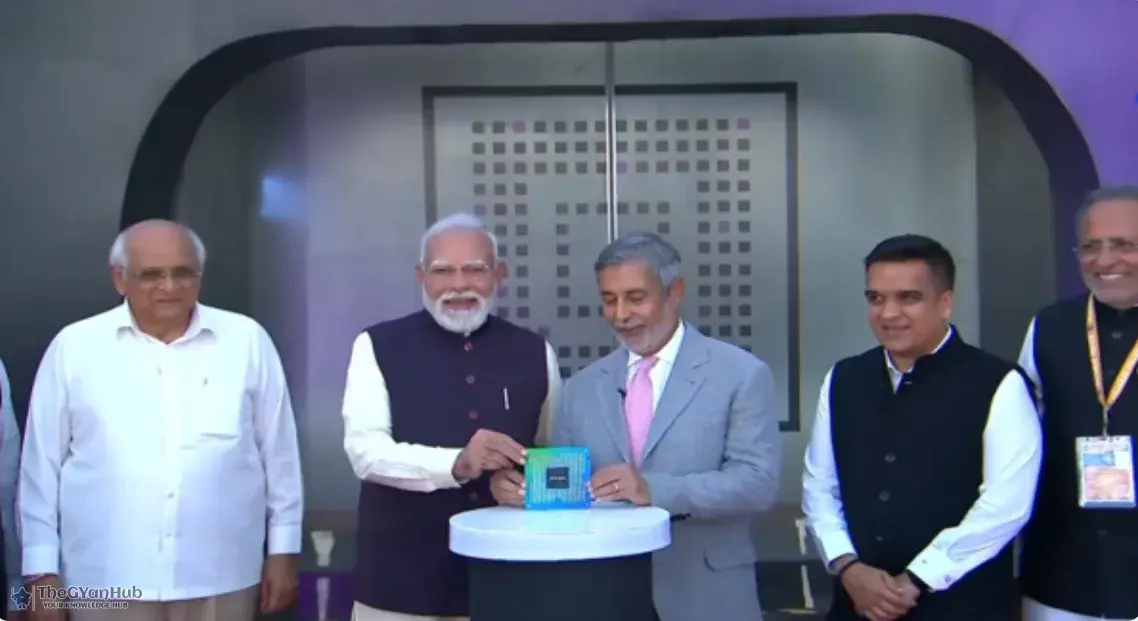
World News
PM Modi Unveils Micron's State-of-the-Art Facility in Gujarat, Paving the Way for India's Semiconductor Future
February 28, 2026
Prime Minister Narendra Modi inaugurated Micron's advanced semiconductor facility in Sanand, Gujarat, marking a significant step in India's pan-India semiconductor mission. This initiative aims to bolster the country's position in the global semiconductor supply chain.
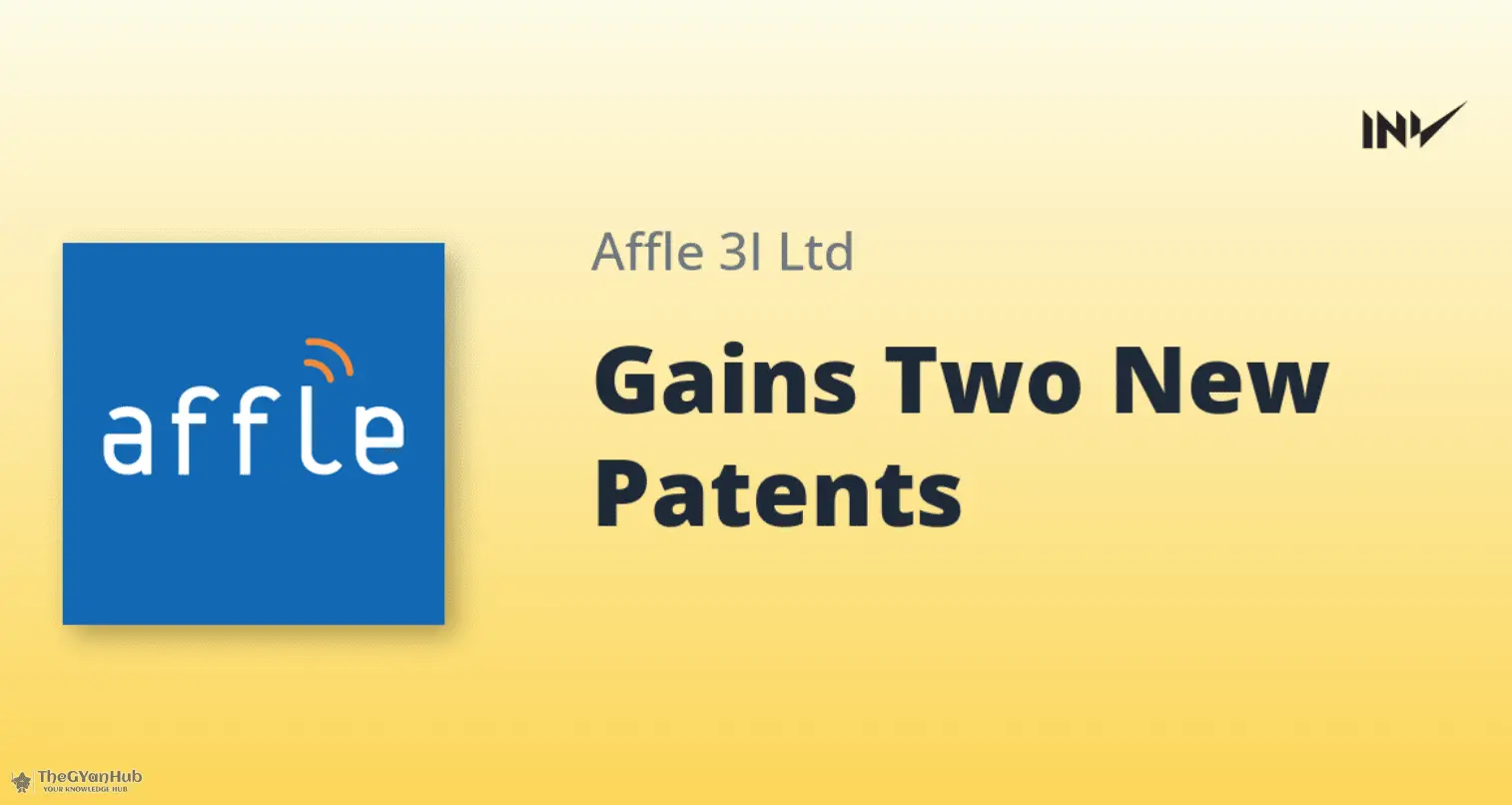
World News
Affle 3i Limited Secures Two New Patents in India for Innovative Advertisement Technology
February 28, 2026
Affle 3i Limited has been granted two new patents in India, enhancing its capabilities in advertisement technology. This development signifies a major step forward in the company's innovative approaches to digital marketing.

World News
Bill Clinton Testifies: 'I Saw Nothing, Did Nothing Wrong' in Epstein Files
February 27, 2026
In a recent deposition, former President Bill Clinton asserted his innocence regarding the Epstein files, stating, 'I saw nothing, and I did nothing wrong.' This statement has sparked discussions and debates across various platforms.
Elon MuskOptimus robotAI technologyroboticsfuture of workTeslahumanoid robotsinnovationtechnology newsethical AI
